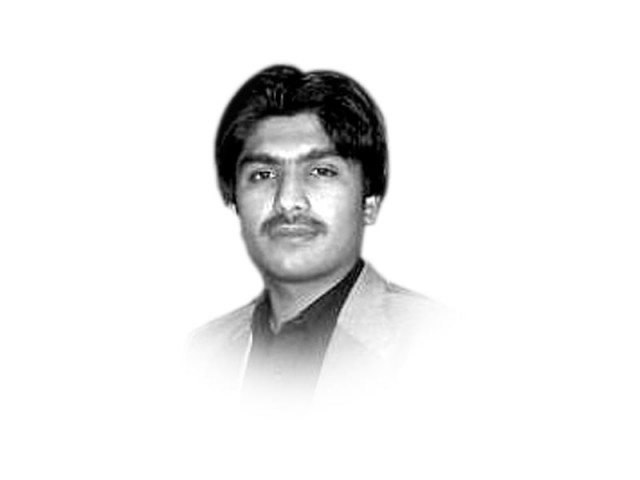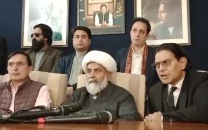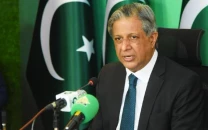Fighting inequalities
The country needs to uplift society by addressing all types of inequalities through investing in people’s capabilities

Is Pakistan not plagued by all these factors? Pakistan has major challenges of inequality, where income, gender, health and educational inequalities exist in extreme forms.
Several million children of school-going age are estimated to be out of school, more than several thousand people of our labour force are unemployed, several million households are still living in multidimensional poverty, about half of the total population is food insecure and thousands of children die every year from diarrhoea caused by unsafe water and poor sanitation. A long list goes on. But the question is: would these rising inequalities in Pakistan lead us towards destruction? My answer to this particular question is ‘yes’.
We cannot rule out the link between these rising inequalities and violence, political instability and social fragmentation. According to the Economic Survey of Pakistan 2013-14, per capita income in the country rose from $897 in 2005-06 to $1,386 in 2013-14, despite deteriorated internal security and frequent natural disasters. However, public spending on health and education has reduced and priority has been given to infrastructural development. Spending on health and education is 0.4 per cent and two per cent of the gross domestic product, respectively.
If we take stock of different indices and rankings around the world, such as those related to the economy, human development, gender equality and prosperity, etc. Pakistan almost ranks poorly or fall in low categories in all rankings. This is all because we keep ignoring our people, especially the oppressed.
To improve its ranking, the country needs to uplift society by addressing all types of inequalities through investing in people’s capabilities. The government needs to change its spending priorities and should be focused towards social sector development. If we give access to the poor and the middle class to equitable economic resources and ensure their participation in the democratic process, we will then have a more sustainable and prosperous nation.
Fiscal inequalities are also vivid. Most of the tax is collected from the lower or middle income class. Indirect taxation in Pakistan hits the poor harder, whereas the tax burden on the elite is very low. A progressive tax regime can be a game-changer.
Currently, Sindh has a high malnutrition rate and is highly food insecure. News reports show that drought and famine in Tharparkar district have wreaked much havoc. Apart from this, government negligence is adding fuel to the fire.
This food inequality is also connected with poor land distribution practices and water management. Half of the population is landless. Only five per cent of landowners own two-thirds of the total land. The bulk of our farmer community is made up of small farmers, of which, 65 per cent farmers own less than five acres of land. We must have justice in land distributions and land reforms are the need of the hour.
There is a need for bold action to address all types of inequalities immediately. It’s a ‘now or never’ situation. If there is political will, then governments can ensure universal health and education, they can ensure access to land, agriculture and improved food security. They can also ensure gender equality and social justice.
Rights-based social mobilisation can help improve the situation. Social movements can help and mobilise people to raise their voices for their rights. Brazil, Bolivia and Sweden are examples of the same, where active movements have improved social justice and wealth distribution. An active civil society can also help frame and implement a pro-poor legal regime, which, in turn, can reduce poverty and improve income distribution.
Published in The Express Tribune, November 15th, 2014.
Like Opinion & Editorial on Facebook, follow @ETOpEd on Twitter to receive all updates on all our daily pieces.



















COMMENTS
Comments are moderated and generally will be posted if they are on-topic and not abusive.
For more information, please see our Comments FAQ